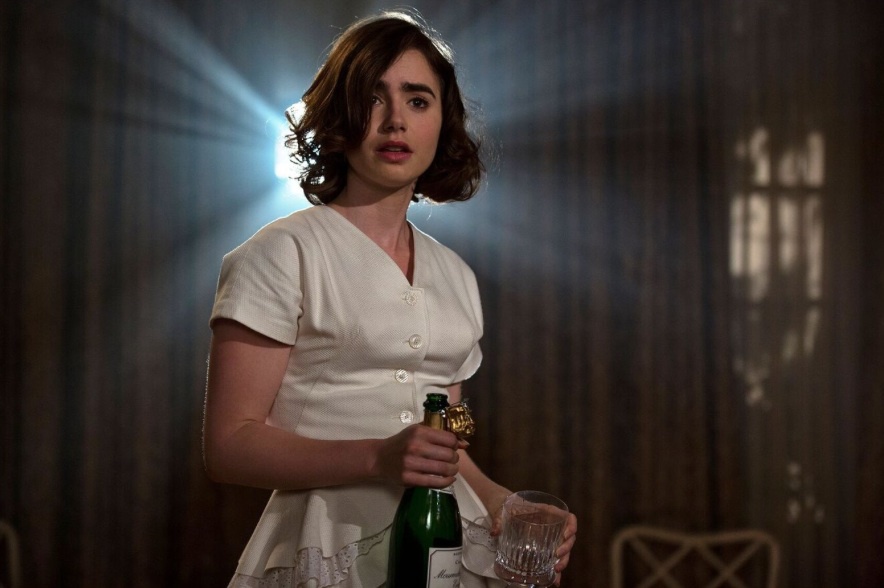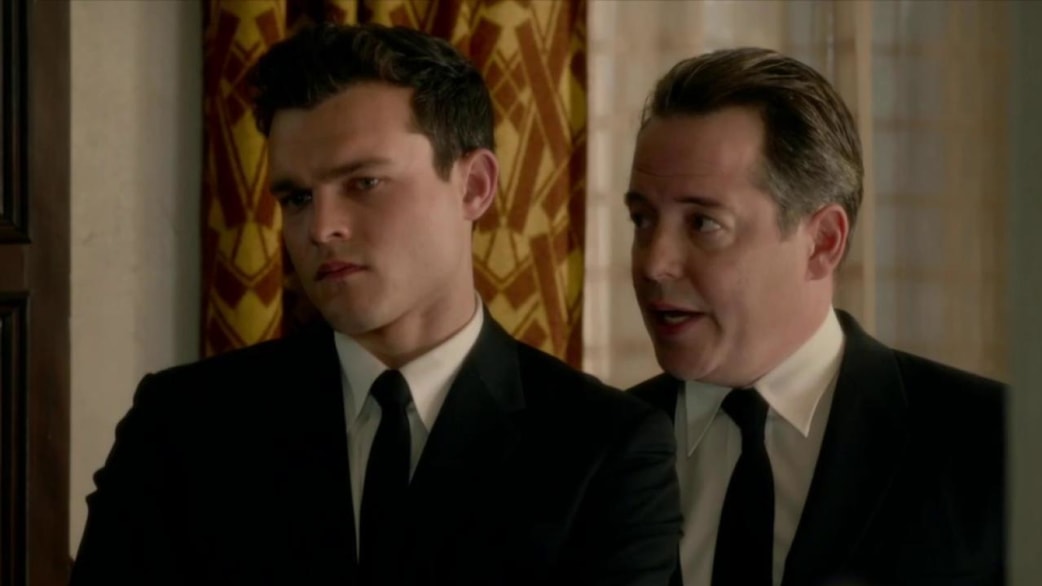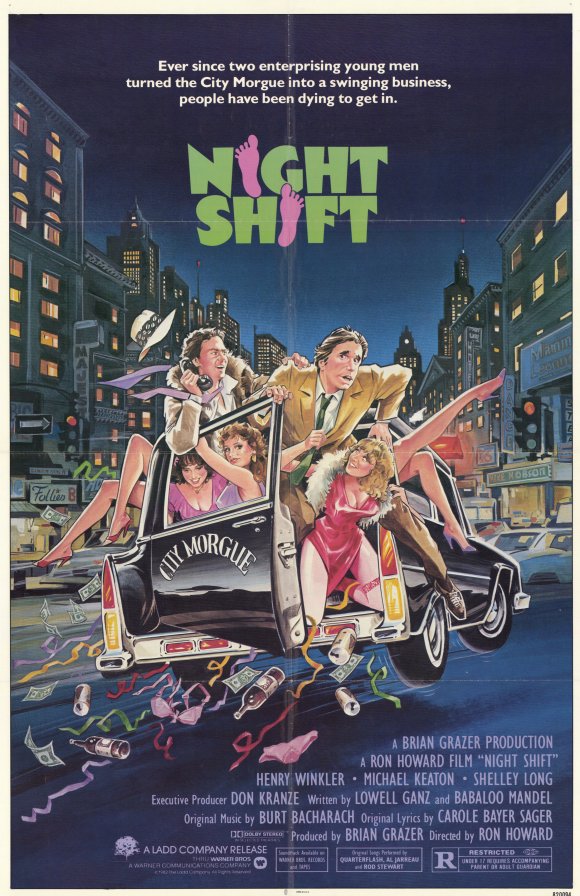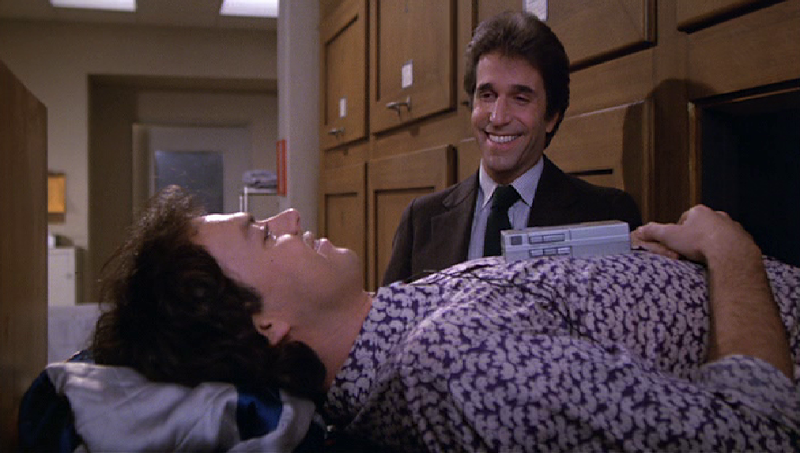DAZED AND CONFUSED
Richard Linklater, the creative force behind the Oscar-winning Boyhood had already proved his ability to tell a compelling and entertaining story onscreen with a 1993 sleeper called Dazed and Confused a stylishly fun re-working of films like American Graffiti and Fast Times at Ridgemont High that stands on its own thanks to some smart writing and a charismatic young cast.
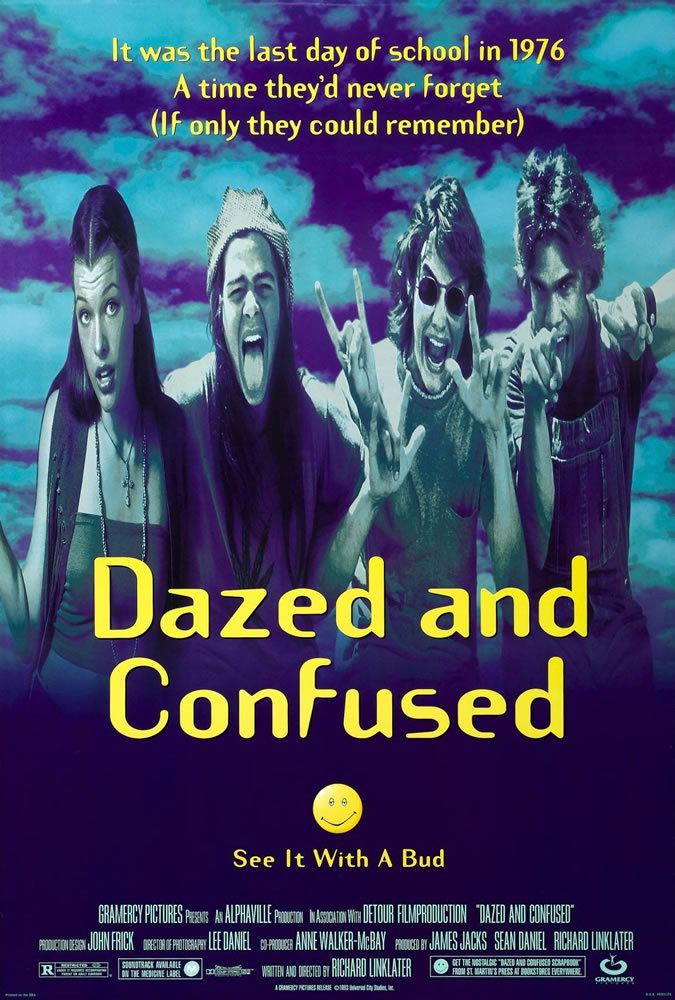
The film opens on the last day of school at fictional Lee High School in 1976 and the multiple storylines are triggered by two separate events: the returning senior members of the football team have all been asked to sign a conduct contract for next year forbidding the use of alcohol and drugs and the idealistic quarterback is balking at signing such a contract. Also the big end of school party being thrown by one of the students is abruptly cancelled when the kid throwing the party gets busted because the beer kegs were delivered before his parents left for the weekend.

These two separate events are the springboard for our introduction to all of the characters we would expect from such a story. As you can imagine, we meet the geeks and the stoners but the look at class separation is taken to an even more detailed way than in previous films. Films like this have often looked at the class separation between geeks and stoners, brainiacs and delinquents, but this story takes an incisive look at a separation that has rarely been explored before: the separation between freshmen and seniors. We meet a group of senior football players who are inexplicably hassling a young freshman equipped with squash paddles, but then the young freshman finds an unexpected opportunity to bond with the seniors, leaving his freshman buddies in the dust, a story move that takes this movie in a fresh and unforeseen direction. We even meet siblings dealing with the fact that they are beginning to be part of the same social circle.

Director and screenwriter Linklater not only displays an uncanny instinct on teen angst in the 1970's (pretty sure some character in this movie is a version of Linklater), but an imaginative eye with the camera that adds a sophistication to the proceedings I really didn't see coming. Linklater must also be applauded for absolutely breathtaking attention to period detail...this is one period piece where everything that's going on in the film makes you feel the year that the beginning of the film announces. There was absolutely nothing 1993 about this film, which is such a rarity. Loved the drive-in marquee in one scene advertising the 1976 film Family Plot.

Linklater has also employed an impressive ensemble cast that serve Linklater's vision and always remain in the framework of this often intricate story. Several actors are observed here early in their careers and some who took lesser roles sensing what a special project this was going to be. There is standout work here from Jason London as the quarterback, Ben Affleck, Parker Posey, Joey Lauren Adams, Adam Goldberg, Anthony Rapp and future Oscar winner Matthew McConaughey, in a real star turn as the former Lee dropout who hasn't grown up, a contemporary rendering of Arthur Fonzarelli or John Milne. A richly entertaining comedy that never talks down to its audience and never fails to entertain.
Richard Linklater, the creative force behind the Oscar-winning Boyhood had already proved his ability to tell a compelling and entertaining story onscreen with a 1993 sleeper called Dazed and Confused a stylishly fun re-working of films like American Graffiti and Fast Times at Ridgemont High that stands on its own thanks to some smart writing and a charismatic young cast.

The film opens on the last day of school at fictional Lee High School in 1976 and the multiple storylines are triggered by two separate events: the returning senior members of the football team have all been asked to sign a conduct contract for next year forbidding the use of alcohol and drugs and the idealistic quarterback is balking at signing such a contract. Also the big end of school party being thrown by one of the students is abruptly cancelled when the kid throwing the party gets busted because the beer kegs were delivered before his parents left for the weekend.

These two separate events are the springboard for our introduction to all of the characters we would expect from such a story. As you can imagine, we meet the geeks and the stoners but the look at class separation is taken to an even more detailed way than in previous films. Films like this have often looked at the class separation between geeks and stoners, brainiacs and delinquents, but this story takes an incisive look at a separation that has rarely been explored before: the separation between freshmen and seniors. We meet a group of senior football players who are inexplicably hassling a young freshman equipped with squash paddles, but then the young freshman finds an unexpected opportunity to bond with the seniors, leaving his freshman buddies in the dust, a story move that takes this movie in a fresh and unforeseen direction. We even meet siblings dealing with the fact that they are beginning to be part of the same social circle.

Director and screenwriter Linklater not only displays an uncanny instinct on teen angst in the 1970's (pretty sure some character in this movie is a version of Linklater), but an imaginative eye with the camera that adds a sophistication to the proceedings I really didn't see coming. Linklater must also be applauded for absolutely breathtaking attention to period detail...this is one period piece where everything that's going on in the film makes you feel the year that the beginning of the film announces. There was absolutely nothing 1993 about this film, which is such a rarity. Loved the drive-in marquee in one scene advertising the 1976 film Family Plot.

Linklater has also employed an impressive ensemble cast that serve Linklater's vision and always remain in the framework of this often intricate story. Several actors are observed here early in their careers and some who took lesser roles sensing what a special project this was going to be. There is standout work here from Jason London as the quarterback, Ben Affleck, Parker Posey, Joey Lauren Adams, Adam Goldberg, Anthony Rapp and future Oscar winner Matthew McConaughey, in a real star turn as the former Lee dropout who hasn't grown up, a contemporary rendering of Arthur Fonzarelli or John Milne. A richly entertaining comedy that never talks down to its audience and never fails to entertain.
Last edited by Gideon58; 02-18-25 at 01:05 PM.

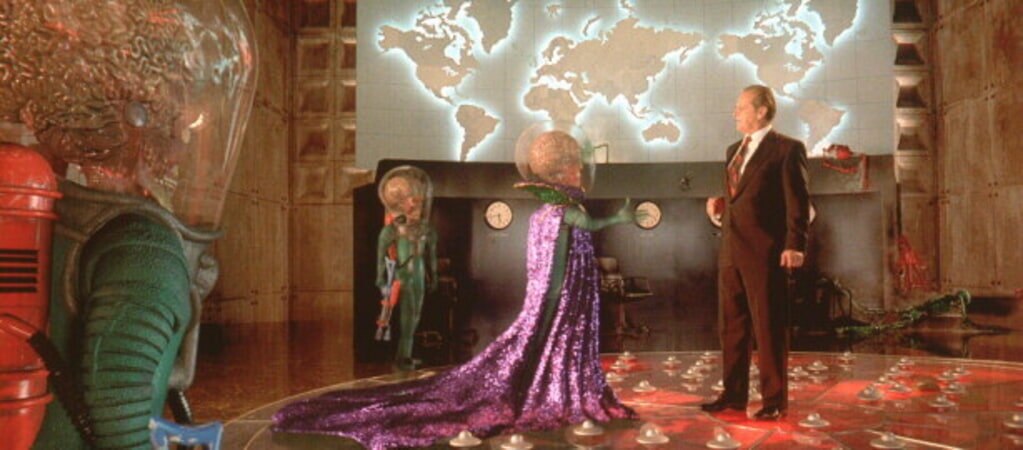


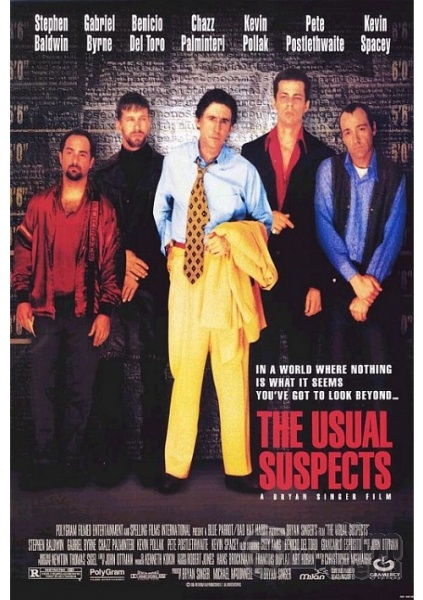
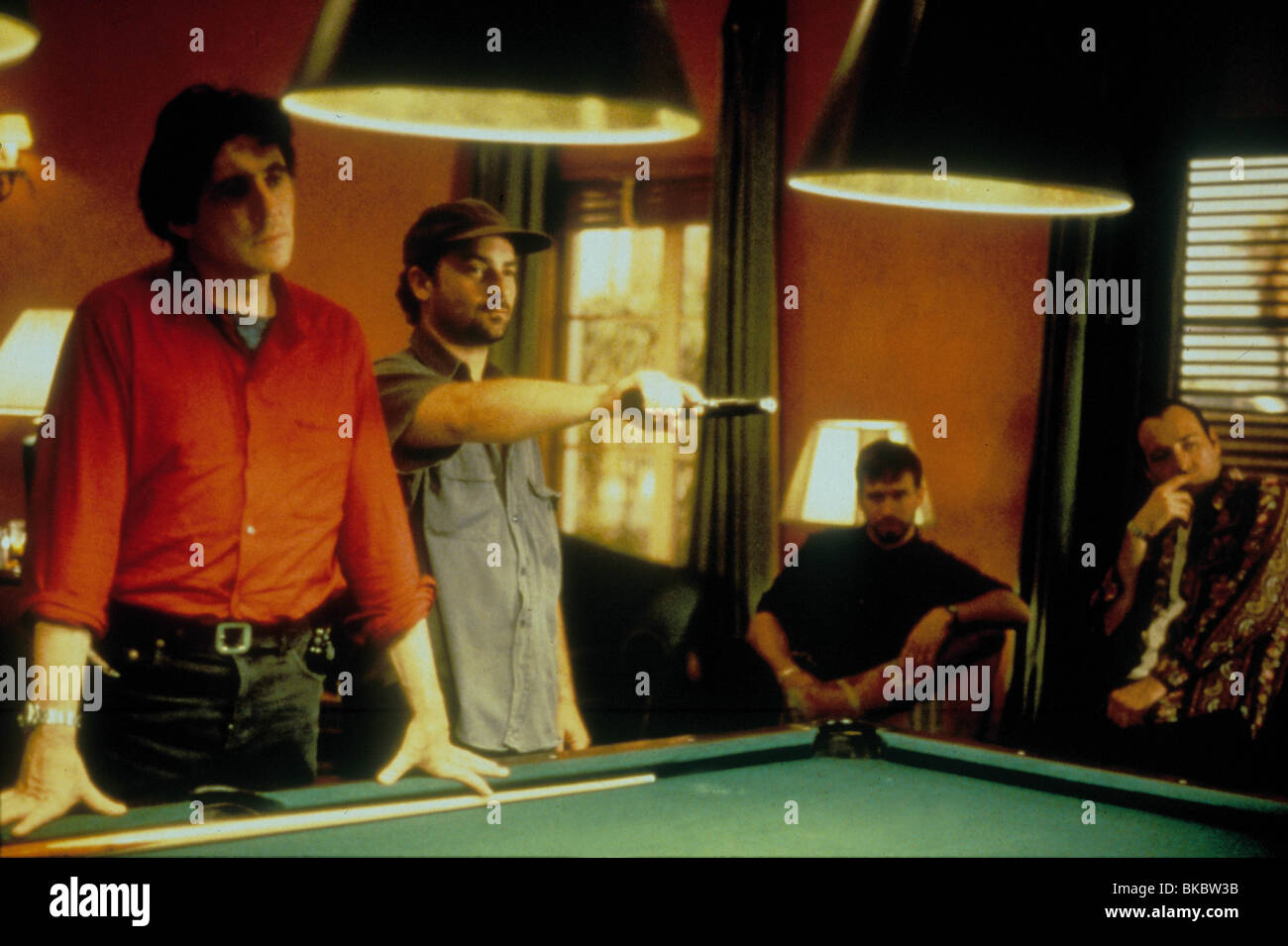
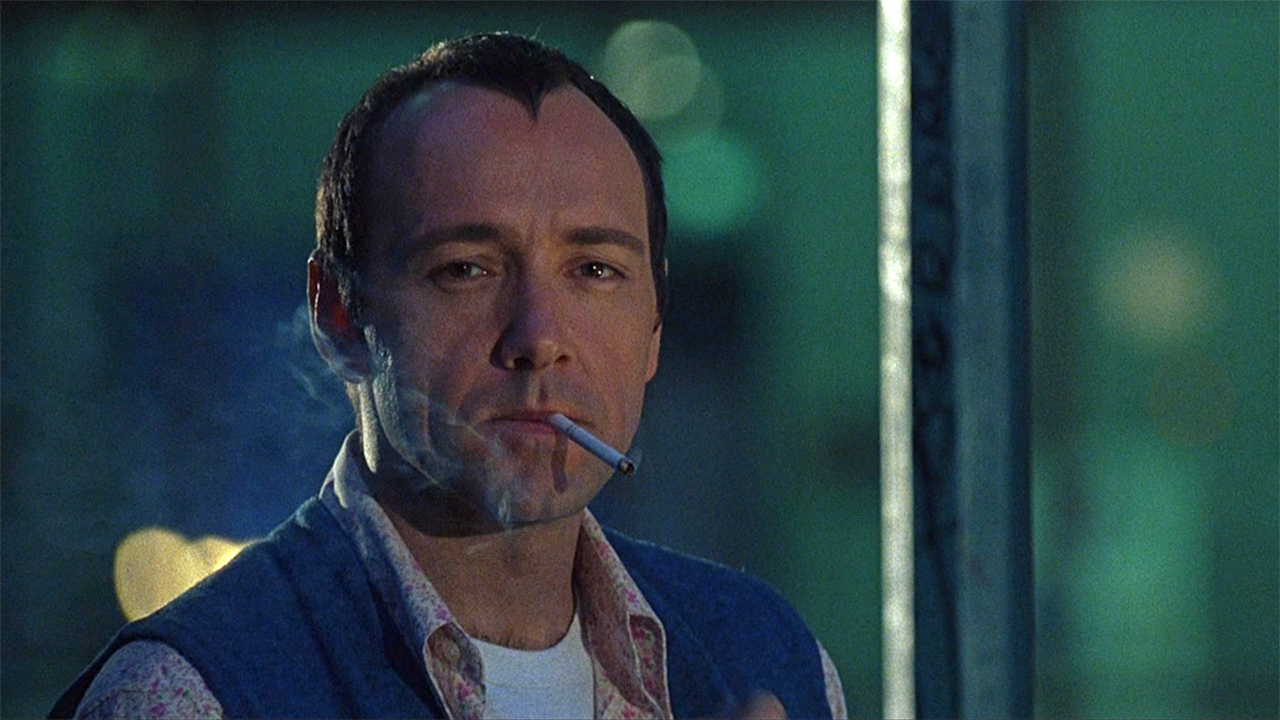



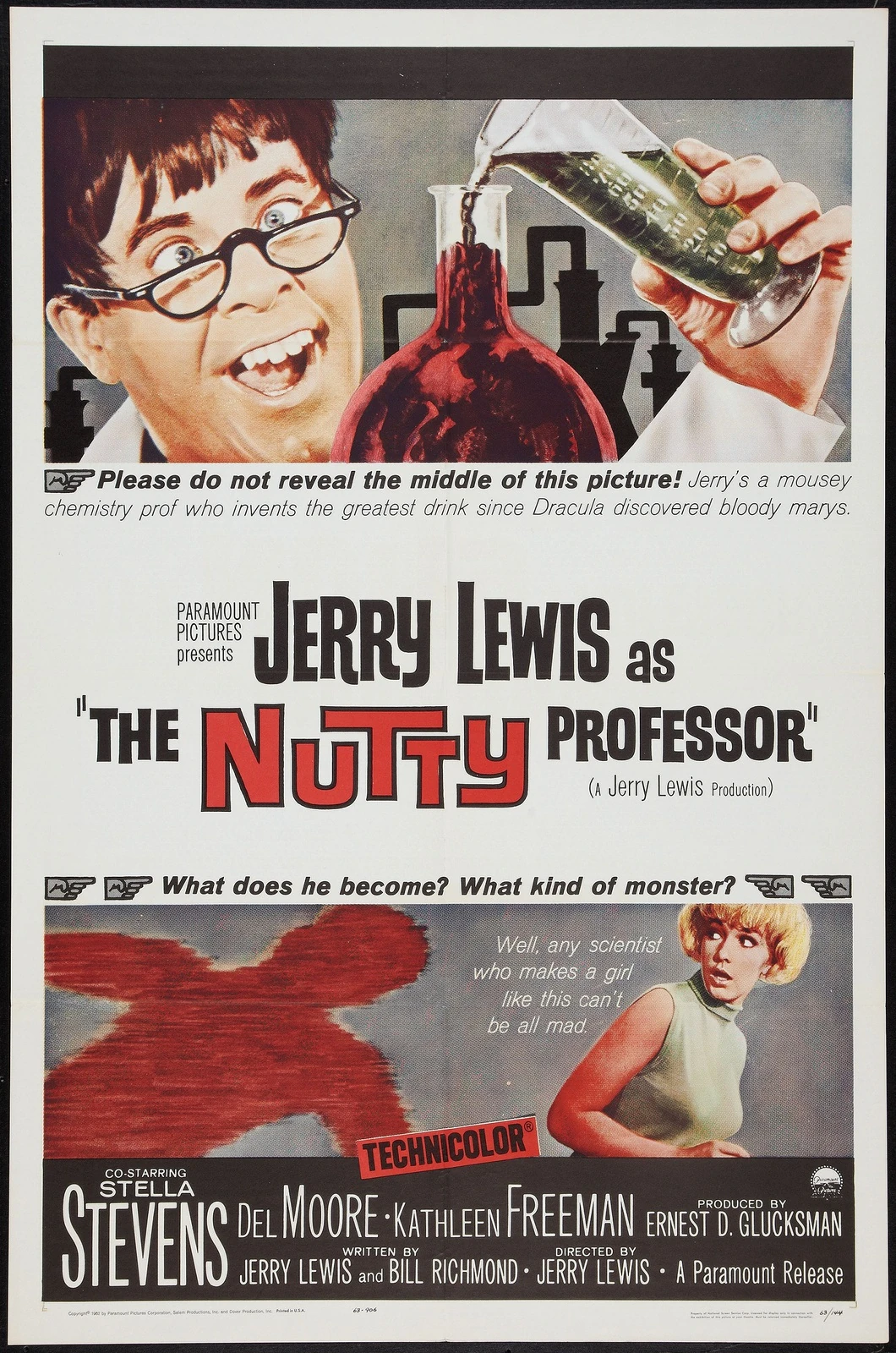






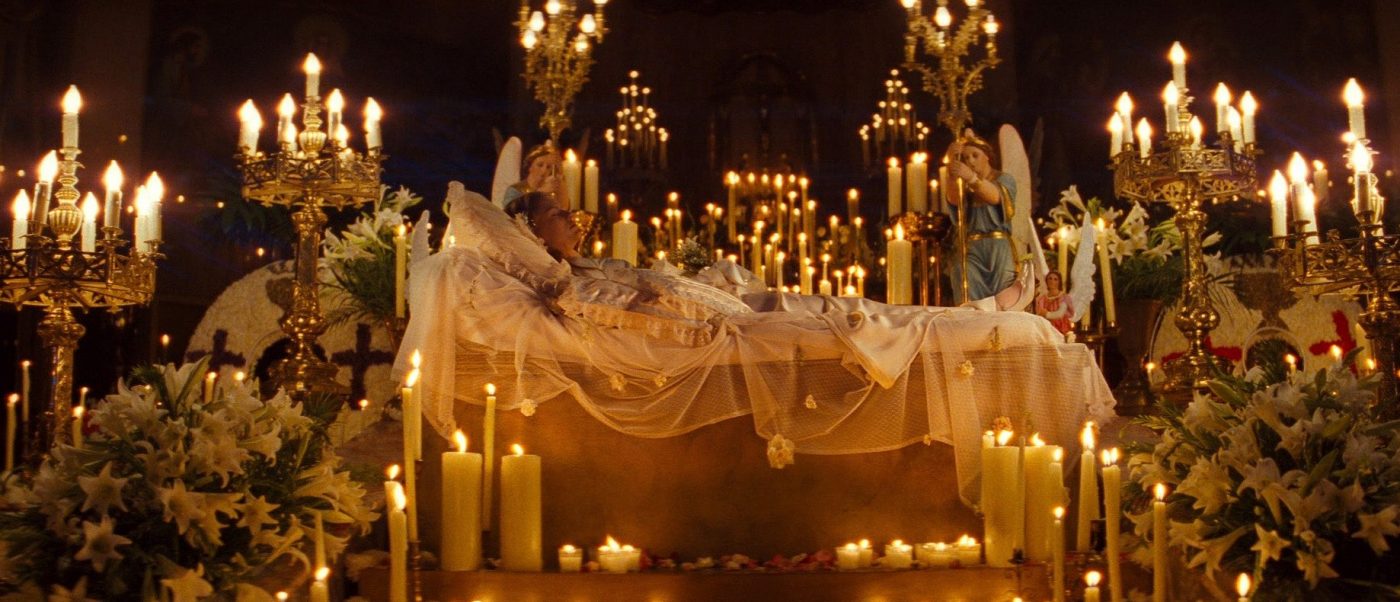



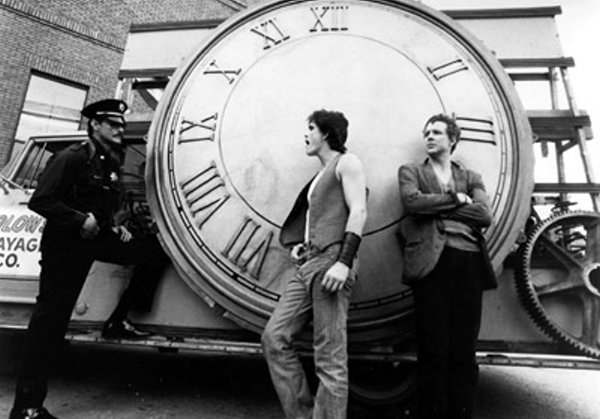

 I wasn't sure you'd like it, but it sounds like you did! Loved what you wrote about it. It's a film that would only get better with repeat viewings.
I wasn't sure you'd like it, but it sounds like you did! Loved what you wrote about it. It's a film that would only get better with repeat viewings.

